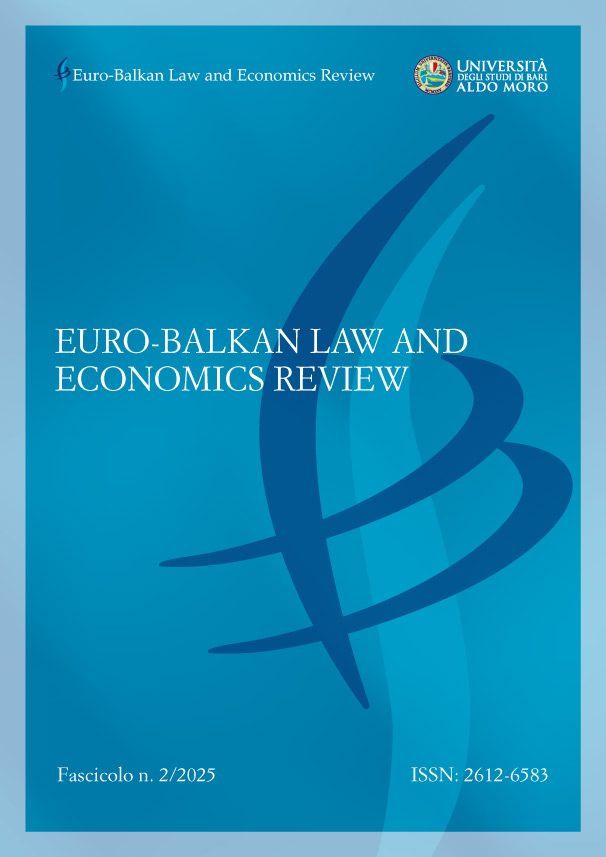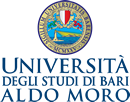Il lungo cammino dell’Albania verso la democrazia e la libertà
DOI:
https://doi.org/10.15162/2612-6583/2276Parole chiave:
Albania, Regime comunista, transizione, stato di diritto, communist regime, transition, Costituzione, Rule of law, ConstitutionAbstract
Alla fine del regime di impronta stalinista e isolazionista, guidato per decenni dallo spietato Enver Hoxha, l’Albania versava nelle peggiori condizioni socio-economiche all’interno del Vecchio Continente e neppure disponeva di precedenti tradizioni democratiche e liberali su cui poter almeno parzialmente impostare la propria transizione ordinamentale. Ne è conseguito un complesso processo di costruzione dello Stato di diritto che, rispetto ad altri Paesi dell’Europa orientale, è risultato non solo alquanto ritardato ma anche maggiormente eterodiretto da organismi internazionali, governi stranieri e altri attori esterni. Invero, solo nel 1998 nella Terra delle Aquile è stata adottata una definitiva e unidocumentale Costituzione post-comunista, chiaramente, benché non totalmente, tributaria di quella italiana. Oggi, quindi, per quanto appaiano ancora necessarie alcune revisioni costituzionali e riforme legislative (se non altro allo scopo di migliorare ulteriormente il sistema di pesi e contrappesi tra poteri sovrani e meglio tutelare i diritti fondamentali, specie di carattere sociale), il nodo più importante da sciogliere resta la distanza tra law in the books e law in action. Le nuove istituzioni pubbliche albanesi, peraltro, hanno bisogno non solo di essere consolidate dall’alto, ad opera del ceto governate, ma anche e soprattutto di essere ancorate al basso, all’interno della comunità governata. In definitiva, se corrisponde al vero il detto che la politica è specchio fedele della società, serve principalmente una prova d’orgoglio di quest’ultima, vale a dire una battaglia di ordine culturale che veda in prima linea coinvolte sia le singole persone oneste e volenterose sia le più varie formazioni della società civile.
When Stalinist and isolationist regime, led for decades by the ruthless Enver Hoxha, finally came to end, Albania found itself in the worst socio-economic conditions in Old Continent and lacked any prior democratic or liberal traditions on which to at least it could partially base its institutional transition. This gave rise to a complex process of forming the rule of law which, compared to other Eastern European Countries, was not only significantly delayed, but also far more externally driven by international organizations, foreign governments and others outside actors. Indeed, it was only in 1998 that the Land of the Eagles adopted a definitive, single-document post-communist Constitution, clearly, although not entirely, modeled on the Italian one. Today, hence, while some constitutional revisions and legislative reforms still seem necessary (if only to further strengthen the system of checks and balances among sovereign powers and to better protect the fundamental rights, particularly those of a social nature), the most pressing issue to be addressed remains the gap between law in books and law in action. The new Albanian public institutions, moreover, need not only to be consolidated from a higher level by governing elite, but also, and above all, to be anchored from below within the governed community. Ultimately, if the saying that politics is a faithful mirror of society holds true, what is first and foremost required is a demonstration of society’s pride, that is, a cultural struggle in which both honest and willing individuals, as well as the various organizations of civil society, are actively engaged at the forefront.
Downloads
Pubblicato
Versioni
- 2025-09-19 (2)
- 2025-09-24 (1)






